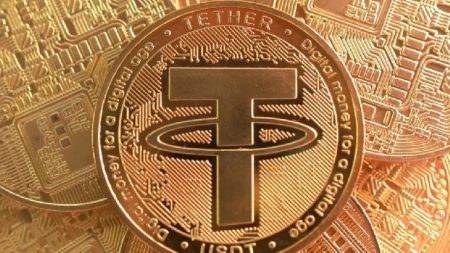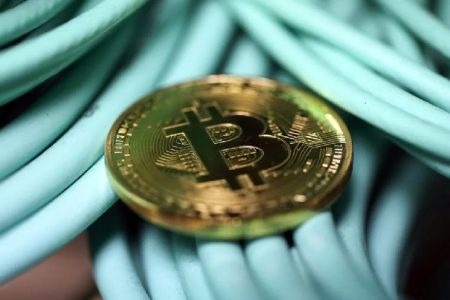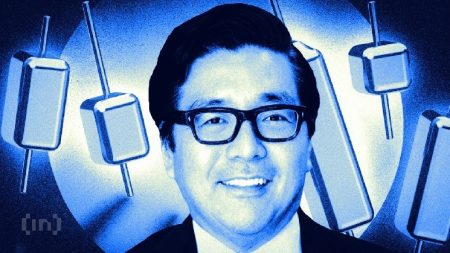Paragraph 1: The Stakes of the Coinbase vs. SEC Legal Battle
The ongoing legal battle between Coinbase, one of the world’s largest cryptocurrency exchanges, and the U.S. Securities and Exchange Commission (SEC) has reached a critical juncture. A federal judge has granted Coinbase’s request for an interlocutory appeal, allowing the company to challenge key legal questions before the Second Circuit Court of Appeals. This appeal represents a significant development, not just for Coinbase, but for the entire cryptocurrency industry in the United States. The central issue revolves around whether certain digital assets traded on Coinbase’s platform should be classified as securities. The outcome of this appeal could fundamentally reshape the regulatory landscape for cryptocurrencies, establishing a precedent that impacts numerous other exchanges and digital asset projects. The decision essentially pauses the lower court case while the appeals court weighs in, offering Coinbase temporary relief from the SEC’s enforcement action.
Paragraph 2: Coinbase’s Argument and the Howey Test
Coinbase’s core argument rests on its assertion that the digital assets available for trading on its platform do not meet the legal definition of securities. This contention hinges on the Howey Test, a longstanding legal framework derived from a 1946 Supreme Court case, SEC v. W.J. Howey Co. The Howey Test defines an "investment contract" (and thus a security) as involving an investment of money in a common enterprise with a reasonable expectation of profits to be derived primarily from the efforts of others. Coinbase argues that the digital assets it lists do not fulfill these criteria, claiming that users are not investing in a common enterprise and that any potential profits are not primarily dependent on the efforts of a third party. The SEC, conversely, argues that many of these digital assets do represent investment contracts and should be subject to securities regulations.
Paragraph 3: The Significance of the Interlocutory Appeal
The granting of the interlocutory appeal is a notable victory for Coinbase. Interlocutory appeals, which occur before a final judgment in a lower court, are not routinely granted. They are typically reserved for situations where resolving a specific legal question could significantly impact the course of the litigation or have broader implications beyond the immediate case. In this instance, the judge recognized the potential significance of the securities classification question not just for Coinbase, but for the entire cryptocurrency industry. The decision to allow the appeal suggests that the judge believes the issue warrants higher-level review and clarification. This pause in the proceedings allows Coinbase to avoid potentially costly and disruptive compliance measures while the appeal is pending.
Paragraph 4: Implications for the Cryptocurrency Industry
The outcome of this appeal holds profound implications for the future of the cryptocurrency industry in the United States. If the Second Circuit agrees with Coinbase, it could establish a precedent that clarifies the regulatory status of many digital assets, potentially exempting them from the SEC’s jurisdiction. This would provide greater legal certainty for cryptocurrency exchanges and projects, fostering innovation and investment in the sector. Conversely, if the appeals court sides with the SEC, it could subject a significant portion of the cryptocurrency market to stricter regulatory scrutiny, potentially limiting trading activity and impacting the growth of the industry. This decision will likely influence how other cryptocurrency exchanges operate and what assets they choose to list.
Paragraph 5: The SEC’s Position and Regulatory Uncertainty
The SEC has taken a more aggressive stance toward regulating cryptocurrencies in recent years, arguing that many digital assets fall under its purview as securities. This has led to a period of regulatory uncertainty for the industry, with many companies struggling to navigate the complex and evolving legal landscape. Critics argue that the SEC’s approach stifles innovation and pushes cryptocurrency businesses offshore. The SEC, however, maintains that its actions are necessary to protect investors and ensure market integrity. The outcome of the Coinbase appeal could provide much-needed clarity on the SEC’s authority over digital assets, shaping the agency’s approach to regulation in the future.
Paragraph 6: The Broader Context and Future of Crypto Regulation
The Coinbase case represents a larger debate about the appropriate regulatory framework for cryptocurrencies. The existing legal framework, designed for traditional financial instruments, does not perfectly fit the unique characteristics of digital assets. This has led to calls for tailored regulations that address the specific risks and opportunities presented by cryptocurrencies. The Coinbase appeal highlights the need for regulatory clarity and a more comprehensive approach to cryptocurrency oversight. The decision from the Second Circuit will be a significant milestone in this ongoing debate, potentially influencing the direction of cryptocurrency regulation in the United States and shaping the future of the industry.















